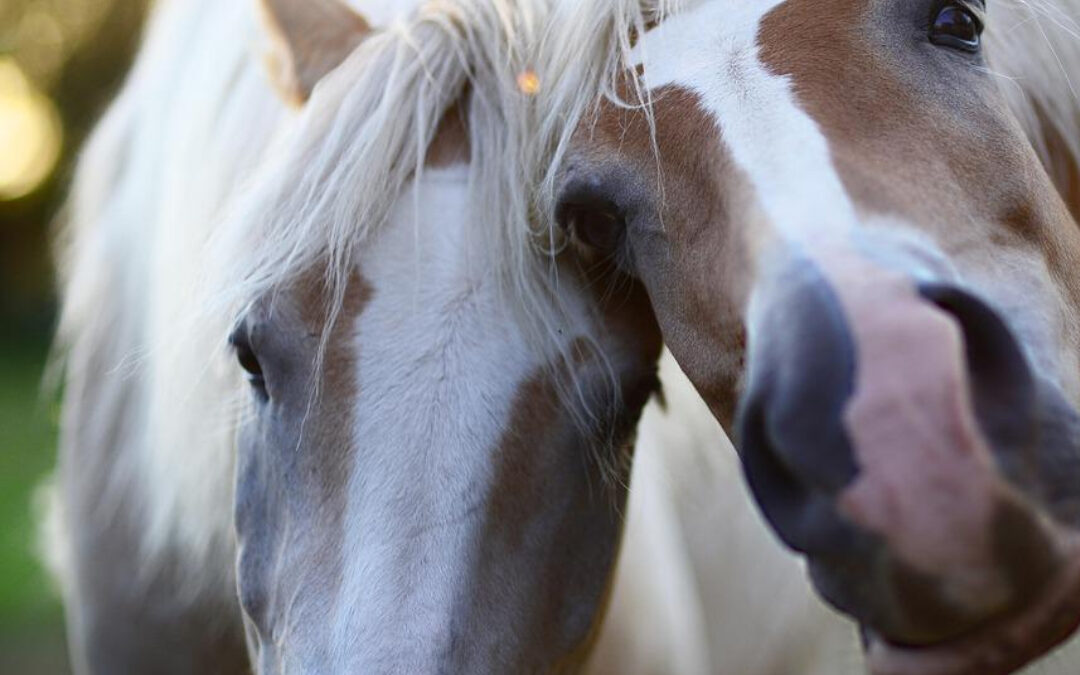Overweight Horses – Common Feeding Mistakes
When it comes to feeding overweight horses, there are many common feeding mistakes that could be a contributing factor. You think you’ve got your horse’s diet sussed. The problem is he’s still carrying too much weight for his own good. Where are you going wrong? Check our guide of common errors to see where you might be slipping up.
1. You’re feeding too much for his workload
Calorie-counting in overweight horses is the same as it is with humans. If a healthy horse takes in more calories than he burns off, he’ll put on weight. A 500-kilo horse in hard work will burn nearly twice as many calories as his mate who weighs the same but in light work. ie 34,500 calories as opposed to 20,000. So make sure your horse is receiving the right amount of feed for his weight and workload.
2. You’re feeding incorrectly for his breed
Native breeds have evolved to be good-doers, making the most of poor quality grazing. They generally require feeds of a lower-calorie level as they maintain their weight easily. However, they still need lots of fibre to maintain digestive and behavioral health rather than being starved to keep weight down. While native types don’t tend to require concentrate feeds to provide calories, they do need a balanced diet. A quality feed balancer eg Fibregenix, with a small amount of fibre, is all they need plus grazing and hay.
3. You’re feeding incorrectly for his age
Feeding young horses correctly is important to ensure they grow at an appropriate rate. It’s also really important to ensure that the diet is completely balanced at all times. The majority of growth and development problems occur when there’s too much energy/calories going into the diet. Especially in combination with insufficient levels of vitamins, minerals and quality protein. Ideally, you’d want to keep youngsters in relatively light condition (4-4.5 out of 9 on the body scoring scale). This reduces the amount of pressure and strain on growing joints and limbs.
Veterans, however, may need more calories to maintain condition as their ability to chew may be impaired by dental issues. The digestive system of the older horse also tends to be less efficient at processing feed. However, not all aged horses need a ‘veteran’ mix. Instead, monitor the condition and speak to a nutritionist if advice is needed on what best to feed your older horse.
4. You’re feeding too much for the time of year
In spring and summer, the grass is richer. In winter, it’s poorer and sparser. In winter, your horse can use up to 80% of his feed energy to keep warm. So if he doesn’t get enough feed his weight may drop accordingly. Most horse owners prefer their horses to maintain a steady weight throughout the year. This doesn’t always follow the horse’s natural metabolic pattern of losing weight in winter and gaining in spring. If a horse comes out of winter already in good condition, he’s likely to stack on more weight when grazing becomes plentiful. Condition score your horse regularly so you know whether he needs more or less feed. Remember, the level required will fluctuate with the seasons.
5. You don’t know what he weighs
Horses in light/medium work need to consume 2% of their body weight. This should be mostly forage (70-100% of their food intake) a day. So if you don’t know how much he weighs, how do you know if he’s getting the right amount? Invest in a good weigh tape or take advantage of the weighbridge services that some feed companies or vets offer.
6. You’re not weighing his feed
If you have a good doer that’s prone to piling on the pounds, don’t just throw some feed into a bucket and hope for the best. You need to be strict with him — and yourself — and weigh his feed. A 500-kilo horse needs 20,000 calories a day in order to maintain his weight. There are approximately 7-8 MJ (or 2,000 calories) in a kilo of good quality hay. So if you’re stuffing his haynet with 10 kilos of hay each night, he’s already receiving all the calories he needs just for maintenance. And that’s before you include any grass or hard feed! Are you worried he’s scoffing his hay ration too quickly and having nothing for the rest of the night? If this is the case, invest in a small hole haynet to encourage him to eat more slowly.
7. You’re feeding too much hard feed
We should all know by now that many diseases are linked to high starch diets. These include laminitis, colic, gastric ulcers, Developmental Orthopaedic Disease (DOD), Equine Rhabdomyolysis Syndrome (ERS) and Polysaccharide Storage Myopathy (PSSM). Does he really need all that high starch hard feed? The majority don’t. Limit starch where possible and if not, split high starch diets into several smaller meals.
8. You’re buying the wrong hard feed
Work out how many calories your horse needs for his weight, breed, age, and level of work. Then check the calorie intake he’ll receive from his hard feed and consider honestly whether or not he really needs it. If he has too much energy or is carrying too much weight, ditch the hard feed and switch to fibre feeds only.
9. Your grass is too good
Grass can contain a lot of sugar and calories, particularly in Spring and Autumn. Or in fact, any time after drought-breaking rains. So when feeding overweight horses, restrict grazing in the danger periods. Alternatively, yard with hay. A Fibregenix balancer such as Prime Original OR Lami Low-Cal alongside forage will provide enough daily nutrients he needs for good health.
10. You’re buying the wrong hay
When feeding overweight horses, you need to choose the most suitable forage possible. A late cut, coarser hay will typically be less nutritious than an early cut forage. Good doers don’t need cereal or legume hays – look for simple grassy hay instead. If you can’t find a more suitable forage, soaking the hay for an hour or so can help reduce sugar content.
11. You’re trying to starve him into being skinny
Horses can’t do ‘crash diets’ any more than humans can. They’ve evolved to trickle feed. This means they need an almost constant supply of forage for their digestive system to work properly. If you withhold food, they may develop ulcers and may also gorge quickly on food when presented with it. All dietary changes should happen gradually and over a significant period of time to be effective, especially in overweight horses.
12. He’s a good doer
Feeding overweight horses can be a nightmare. Some just seem to get fat on thin air. If your horse is putting on weight despite taking all the precautions above, then speak to us. He may need to have a more specialised feeding program devised for him. Being a good doer can also be problematic for competition horses. Feeding them for their level of activity can provide too many calories and cause them to gain too much weight. One solution is to feed less hard feed and provide a good balancer such as one from the Fibregenix range.
Reviewed and updated May 2022

